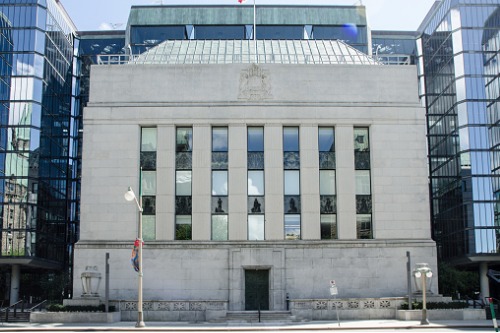This has crucial implications on the ability of Canadians to participate in an increasingly competitive housing market

The upcoming Bank of Canada rate announcement on June 09 is not likely to stray from the institution’s commitment to maintain a low-rate environment, but that doesn’t mean that mortgage rates won’t rise, according to LowestRates.ca.
With much-improved outlooks for both the domestic economy and the global financial system, the BoC has continued to hold the overnight rate at the effective lower bound of 0.25% for the past several policy announcements.
But Leah Zlatkin, markets expert at LowestRates.ca and principal broker at Brite Mortgage, said that while the prime rate is not likely to go up until 2022 at the earliest, “posted rates can change at any time.”
“We have already seen a rise in fixed rates from a low of roughly 1% to just over 2% currently,” Zlatkin said. “The discount from the prime rate for variable rate mortgages may also get smaller, pushing variable rates up, based on the laws of supply and demand. It’s also in lenders’ best interests to ensure that fixed rates remain an attractive option, which may mean making variable rates less competitive.”
Read more: Bank of Canada commits to overnight rate freeze for the long haul
Moreover, the spectre of rate hikes combined with the stricter mortgage stress test could essentially erase the hopes of some buyers “looking to purchase a home in an extremely competitive market,” Zlatkin cautioned.
Despite the threat to affordability, a recent Nanos Research poll conducted for Bloomberg found that nearly half of Canadians are at least “somewhat in favour” of a BoC rate hike as it can dampen some of the overheating in major housing markets.
Seven out of 10 Canadians indicated a belief that the current price growth trend is a significant economic problem that needs to be addressed immediately.
“Even though there is no consensus, the fact that one in two Canadians are good with a rate hike speaks to the appetite to cool down a hot housing market,” said Nik Nanos, chief data scientist.



